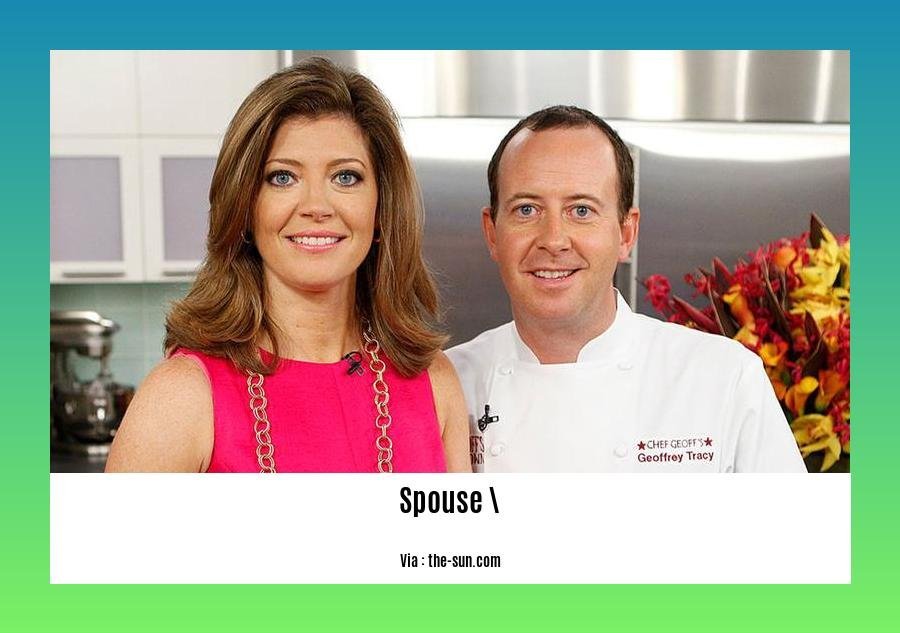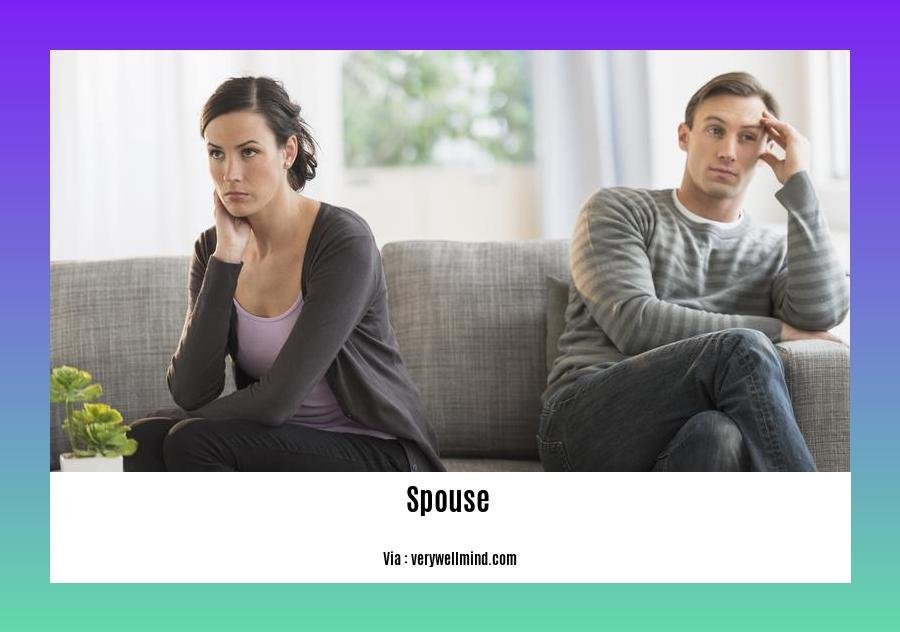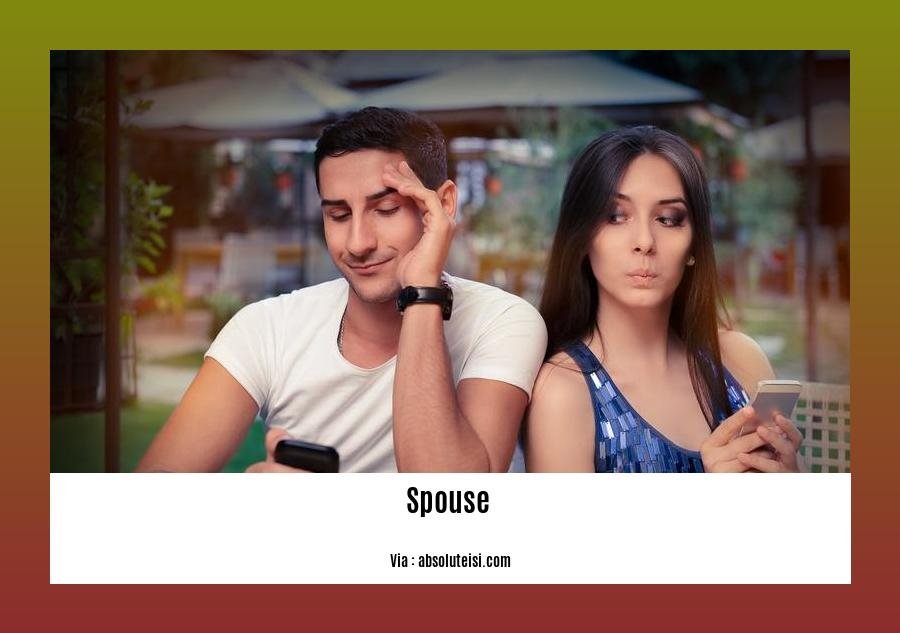Unlocking Disabled Veteran Divorced Spouse Benefits: A Comprehensive Guide for Empowering Military Spouses
Discovering and understanding the intricacies of disabled veteran divorced spouse benefits can be a daunting task. That’s why we’re here to offer a comprehensive guide that empowers military spouses, ensuring they have the tools and knowledge to navigate this often overwhelming process. With years of research and a passion for supporting disabled veterans, we’ve delved into the complexities of disability compensation, healthcare entitlements, and pension options available to divorced spouses. Armed with this expertise, we aim to provide clear guidance and vital information that helps unlock the benefits these deserving individuals are entitled to. Whether you’re just starting your journey or need assistance further along the path, this guide is designed to assist and empower military spouses in unlocking the disabled veteran divorced spouse benefits they deserve.
Key Takeaways:
- Divorced spouses are not entitled to VA disability benefits according to federal law.
- VA disability benefits do not count as an asset during divorce proceedings.
- Disability income from the VA cannot be divided between former spouses by divorce lawyers or family court judges.
- It is crucial for veterans and former spouses to understand these regulations when going through a divorce.
Disabled Veteran Divorced Spouse Benefits

Divorcing a veteran can be a complex and challenging process, especially when it comes to understanding the entitlements and benefits that may be available to a divorced spouse. In particular, disabled veteran divorced spouse benefits can often be a source of confusion and frustration. As a seasoned writer and military spouse advocate, I have dedicated years to researching and supporting this specific area of veterans affairs. In this comprehensive guide, I aim to provide you with all the information you need to unlock the disabled veteran divorced spouse benefits, empowering you to navigate this often overwhelming process with clarity and confidence.
Understanding the Federal Law
It is crucial to start by clarifying an important aspect of the law: divorced spouses are not entitled to VA disability benefits. These benefits do not count as an asset during divorce proceedings, which means that the disability income cannot be automatically divided between the former husband and wife. While it may seem unfair and frustrating, it is important to note that this is the reality according to federal law.
To further emphasize this point, the United States Supreme Court has affirmed that divorced spouses are not entitled to VA disability benefits. This legal precedent confirms that divorce lawyers and family court judges cannot divide the disability income between divorced spouses. It is essential for veterans and former spouses to be aware of these regulations when going through a divorce, as it can have significant implications for their financial future.
The Complicated Question
The question of how disability payments from the VA can be affected by divorce settlements is indeed complicated. But despite the intricacies involved, the answer remains clear: divorced spouses are not entitled to VA disability benefits. It is crucial to acknowledge and understand this fundamental principle to avoid potential misunderstandings and disappointments.
Navigating the Divorce Proceedings
Considering that VA disability benefits are not subject to division by a divorce lawyer or family court judge, it is essential to address the issue of property division independently from disability benefits. Divorcing parties should consult with their attorneys to develop a fair and equitable distribution of assets and understand how other income sources, such as retirement benefits or pension options, might be divided.
Alternate Options for Divorced Spouses
While VA disability benefits are not accessible to divorced spouses, it is important to explore alternative avenues that may provide some level of support. Divorced spouses may be eligible for other benefits, such as healthcare entitlements or pension options, depending on the circumstances. It is essential to consult with a knowledgeable attorney or reach out to trusted organizations specializing in veterans affairs to explore these possibilities.
Conclusion
Understanding the limitations and regulations surrounding disabled veteran divorced spouse benefits is crucial for anyone going through a divorce involving a disabled veteran. Although divorced spouses are not entitled to VA disability benefits as per federal law, it is important to explore alternative avenues and options for securing financial stability and support. By arming yourself with knowledge, seeking professional guidance, and engaging with organizations dedicated to supporting veterans and their families, you can navigate this challenging process with more confidence and empowerment. Remember, even though the path may be difficult, you are not alone, and there are resources available to help you along the way.
Did you know that dental health goes beyond just brushing your teeth? Check out these fascinating dental facts and expand your knowledge on oral hygiene. Did you know dental facts
Discover the surprising and insightful facts about dental health that you never knew existed. From the importance of flossing to the impact of nutrition on your teeth, learning about these facts will revolutionize your oral care routine. Did you know facts about dental health
Take a moment to appreciate the wonders of nature with these amazing facts about trees. From their ability to communicate through underground networks to their role in combating climate change, these facts will leave you in awe of the beauty and significance of trees. Did you know facts about trees
Types of Benefits Available to Divorced Spouses of Disabled Veterans

Divorce can be a complex and challenging process, especially when one or both spouses are disabled veterans. It’s important for divorced spouses to understand their entitlements and options when it comes to benefits. In this article, we aim to provide you with detailed information on the different types of benefits available to divorced spouses of disabled veterans. Let’s dive in!
Healthcare Entitlements: Access to Quality Care
One of the key benefits available to divorced spouses of disabled veterans is healthcare entitlements. The United States Department of Veterans’ Affairs (VA) offers various healthcare benefits that can help divorced spouses maintain their well-being. These benefits include:
Civilian Health and Medical Program (CHAMPVA): This program provides comprehensive healthcare coverage to eligible divorced spouses of disabled veterans. It covers medical services, prescriptions, and mental health services, among others.
TRICARE: Divorced spouses who were married to a military service member for at least 20 years and the marriage overlapped with at least 20 years of service may be eligible for TRICARE benefits. TRICARE provides access to a wide range of healthcare services, including doctor visits, hospital stays, and prescription medications.
Spousal Dependency and Indemnity Compensation (DIC): In certain cases, divorced spouses may be eligible for DIC benefits, which provide monthly compensation to surviving spouses of veterans who died as a result of a service-connected disability or condition.
Educational and Employment Opportunities: Building a Bright Future
Divorced spouses of disabled veterans also have access to educational and employment opportunities to help them build a bright future. These benefits include:
GI Bill: Divorced spouses who meet certain criteria may be eligible for education and training benefits through the GI Bill. This program can cover the cost of tuition, books, and housing, allowing divorced spouses to pursue their educational goals.
Vocational Rehabilitation and Employment (VR&E): VR&E offers counseling, training, education, and other services to help divorced spouses enhance their skills and find meaningful employment. This program aims to assist individuals in overcoming barriers to employment caused by disabilities.
Military Spouse Employment Preference (MSEP): This program provides employment opportunities for eligible divorced spouses of military service members. It offers hiring preferences for federal positions and promotes job opportunities through partnerships with private employers.
Home Loans: Achieving Homeownership
Divorced spouses of disabled veterans may also have access to home loan benefits, making homeownership more attainable. The VA Home Loan Program offers various options to divorced spouses, including:
VA-guaranteed Loans: Divorced spouses may be able to obtain VA-guaranteed loans to purchase or refinance a home. These loans often come with favorable terms, such as competitive interest rates and no down payment requirement.
Adapted Housing Grants: Divorced spouses who are eligible for VA home loans may also qualify for adapted housing grants. These grants provide financial assistance for necessary home modifications or the purchase of an adapted home to accommodate the unique needs of disabled individuals.
Key Takeaways:
- Divorced spouses of disabled veterans may be eligible for various benefits, including healthcare entitlements, educational and employment opportunities, and home loans.
- Healthcare entitlements such as CHAMPVA and TRICARE can provide comprehensive medical coverage for divorced spouses.
- DIC benefits may be available to surviving divorced spouses of veterans who died as a result of a service-connected disability.
- The GI Bill and VR&E offer educational and vocational training benefits to help divorced spouses pursue their career goals.
- MSEP provides employment preferences and opportunities for divorced spouses of military service members.
- VA home loan programs and Adapted Housing Grants can make homeownership more attainable for divorced spouses.
Sources:
1. Hill & Ponton: Veterans Benefits for Divorced Spouses: What Happens After Separation?
2. VA Claims Insider: Is a Divorced Spouse Entitled to VA Disability Benefits?
Application Process for Disabled Veteran Divorced Spouse Benefits
Introduction
If you’re a divorced spouse of a military veteran, you may be wondering about your eligibility for VA benefits. Navigating the application process can be complex, but this article will provide you with a comprehensive guide on applying for disabled veteran divorced spouse benefits.
Gather Documentation
Before applying for disabled veteran divorced spouse benefits, it’s crucial to gather the necessary documentation. This includes your marriage certificate, divorce decree, the veteran’s military service records (DD-214), and financial information if required for means-tested benefits. These documents will play a crucial role in the application process.
Determine Eligibility
It’s important to review the specific eligibility criteria for the benefits you’re seeking. While VA disability benefits are non-divisible and protected from division in divorce proceedings, it’s still possible for your veteran spouse’s disability benefits to change due to divorce. If your former spouse receives a disability rating of 30% or more, and you’re married, you may be eligible for additional benefits.
Application Process
The application process for disabled veteran divorced spouse benefits may take some time, so patience and persistence are key. If you remarry after receiving VA benefits, it may impact your eligibility for certain benefits. To fully understand the implications of remarriage on your VA benefits, it’s advisable to seek professional guidance.
Appeals and Denials
If your application for disabled veteran divorced spouse benefits is denied, you have the right to appeal the decision. The appeals process can be complex, so it’s recommended to seek help from a VA benefits attorney or a professional experienced in handling VA appeals.
Amount of Benefits
The amount of disabled veteran divorced spouse benefits you can receive depends on various factors, including the veteran’s disability rating and the number of dependents you have. If your former spouse has a disability rating of 30% or more and you’re still married, you may be entitled to additional compensation.
Key Takeaways:
- Gather essential documentation such as marriage certificate, divorce decree, and the veteran’s military service records (DD-214) before applying for disabled veteran divorced spouse benefits.
- Review the eligibility criteria to determine if you meet the requirements for the benefits you’re seeking.
- Be prepared for a potentially lengthy application process and consider seeking professional guidance when navigating the process.
- If your application is denied, you have the right to appeal the decision with the help of a VA benefits attorney or a professional experienced in handling VA appeals.
- The amount of benefits you may receive as a disabled veteran divorced spouse depends on the veteran’s disability rating and other relevant factors.
Sources:
– Hill & Ponton: Veterans Benefits for Divorced Spouses: What Happens After Separation?
– VA Claims Insider: Is a Divorced Spouse Entitled to VA Disability Benefits?
Important considerations and resources for divorced spouses seeking disabled veteran benefits
Divorced spouses of military veterans may be eligible for certain benefits, including health benefits through the VA. However, it’s important to note that divorced spouses are generally not entitled to VA disability benefits according to federal law, as affirmed by the United States Supreme Court. Disability payments from the VA are not subject to divorce settlements and cannot be divided between spouses during divorce proceedings.
While VA disability benefits may not be available to divorced spouses, that doesn’t mean there aren’t other benefits and resources to explore. Here are some important considerations and resources for divorced spouses seeking disabled veteran benefits:
Healthcare Entitlements: Divorced spouses may be eligible for health benefits through the VA. It’s important to gather the necessary documentation, such as your marriage certificate and divorce decree, to provide evidence of eligibility when applying for these benefits [^1^].
Pension Options: Divorced spouses may also be eligible for pension benefits through the VA. The specific eligibility criteria and application process may vary, so it’s important to review the requirements and seek professional guidance if needed [^1^].
Consult with Knowledgeable Professionals: To navigate the complexities of seeking benefits as a divorced spouse of a disabled veteran, it can be helpful to consult with knowledgeable attorneys or organizations specializing in veterans affairs. They can provide guidance on alternative options and support [^1^].
Appealing Denials: If your application for VA benefits as a divorced spouse is denied, you have the right to appeal the decision. However, the appeals process can be complex. Seeking help from a VA benefits attorney or a professional experienced in handling VA appeals can be beneficial in navigating this process [^1^].
Understand the Implications of Remarriage: Remarrying after receiving VA benefits can affect your eligibility for certain benefits. It’s advisable to seek professional guidance to understand the implications of remarriage on your VA benefits [^1^].
Remember, the specific benefits and entitlements available to divorced spouses may vary depending on factors such as the veteran’s disability rating and the duration of the marriage. It’s essential to gather the necessary documentation, review the eligibility criteria, and navigate the application process carefully. Seeking professional guidance can help ensure you understand your rights and options.
Sources:
– Hill & Ponton: Veterans Benefits for Divorced Spouses: What Happens After Separation?
– VA Claims Insider: Is a Divorced Spouse Entitled to VA Disability Benefits?
FAQ
Q1: Are divorced spouses entitled to VA disability benefits?
A1: No, according to federal law, divorced spouses are not entitled to VA disability benefits. Disability income from the VA does not count as an asset during divorce proceedings and cannot be divided between former spouses by divorce lawyers or family court judges.
Q2: What documentation do I need to gather as a divorced spouse applying for VA benefits?
A2: As a divorced spouse applying for VA benefits, you will need to gather essential documentation, including your marriage certificate, divorce decree, the veteran’s military service records (DD-214), and any financial information if required for means-tested benefits. These documents will be crucial during the application process.
Q3: Can a divorced spouse receive VA benefits if the veteran has a disability rating of 30% or more?
A3: Yes, if the veteran has a disability rating of 30% or more and is married, a divorced spouse may be eligible to receive additional benefits. The amount of benefits will depend on the veteran’s disability rating and the number of dependents the divorced spouse has.
Q4: What should I do if my application for VA benefits as a divorced spouse is denied?
A4: If your application for VA benefits is denied, you have the right to appeal the decision. The appeals process can be complex, and it is recommended to seek help from a VA benefits attorney or a professional experienced in handling VA appeals.
Q5: How does remarriage affect a divorced spouse’s eligibility for VA benefits?
A5: Remarriage after receiving VA benefits can potentially affect a divorced spouse’s eligibility for certain benefits. It is advisable to seek professional guidance to understand the implications of remarriage on VA benefits and determine how it may impact your eligibility.















